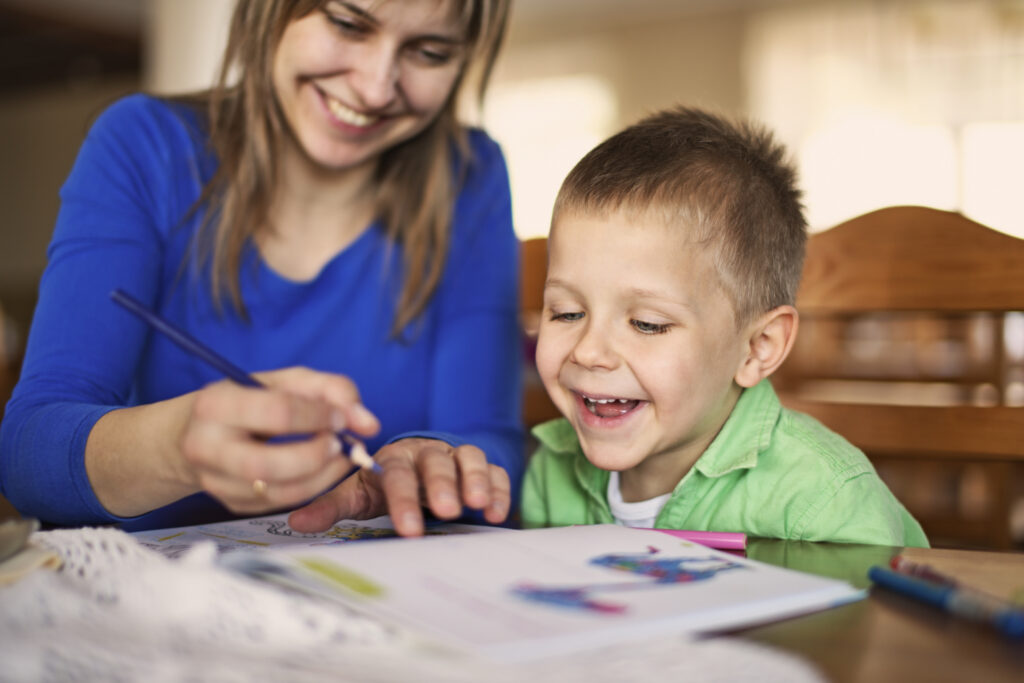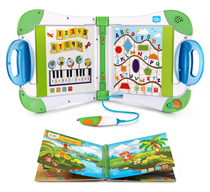Was mathematics always this difficult? Why does science suddenly seem so difficult? And why is the way they do things nowadays so different? Just some of the questions most parents find themselves asking a few times each day whilst home-schooling. It’s safe to say that home-schooling isn’t for the faint-hearted and we certainly have more respect and admiration for teachers than we did before we became emergency educators.
Trying to get your children to complete any school work at home is difficult, and that’s before you manage to get your own head around ‘why Timmy has 3 apples and Sarah has 6’ …None of us signed up to this physically and mentally draining task, and if you have more than one child to educate at home as well as a full-time job to juggle, you may be wondering when this nightmare will end.
In the meantime, I’ve gathered some helpful tips for home-schoolers that will see everyone through …at least until the weekend! Read on to find out more.
Stock up on supplies
Having the right resources at home will not only make your life easier but also help to enhance your child’s learning and understanding. Start by stocking up on paper and printer inks, you’ll find the best Epson cartridges here, all at competitive prices. Being able to print work and activities that have been sent over by the kids’ teacher means they can work independently and away from a screen. You can also print fun activities for when they need some downtime.
Plenty of pens, notebooks and stationery are a must, along with other learning resources such as counters, flashcards, books and even mini whiteboard markers. Whatever you think will enhance your child’s learning should be something to consider.
Get outside!
Kids don’t just learn in the classroom. Spending time outdoors exposes them to all kinds of learning opportunities. From nature and habitats to the weather and the seasons. Forests and oceans to mammals and birds – get them caring for the world we live in. Taking some of your lessons outdoors – even for something as simple as a nature trail – can enhance their learning and make this period much more immersive. It also means you all get to enjoy some fresh air and time outdoors.
Organise in advance
Seeing what their teacher has set for the day in the morning, isn’t ideal. To help your children get the most out of their learning experience, planning ahead and keeping yourself organised is the best approach. That means having the right equipment set out and ready for the next day, the lessons and activities planned, packed lunches arranged, and the right mindset in place. Having all this sorted in advance will make your home-schooling schedule much easier to cope with.
Accept that every day won’t be idyllic
Regrettably, even if you plan your day down to the last detail, things will go awry. Sometimes our kids just aren’t motivated to learn, and in this confusing and difficult time, we shouldn’t expect too much from them. Dedicating a few hours each day to their curriculum and other time for activities they enjoy such as reading, arts or even music, is more than enough. Try not to put too much pressure on yourself.
Collaborative post with our partner.



